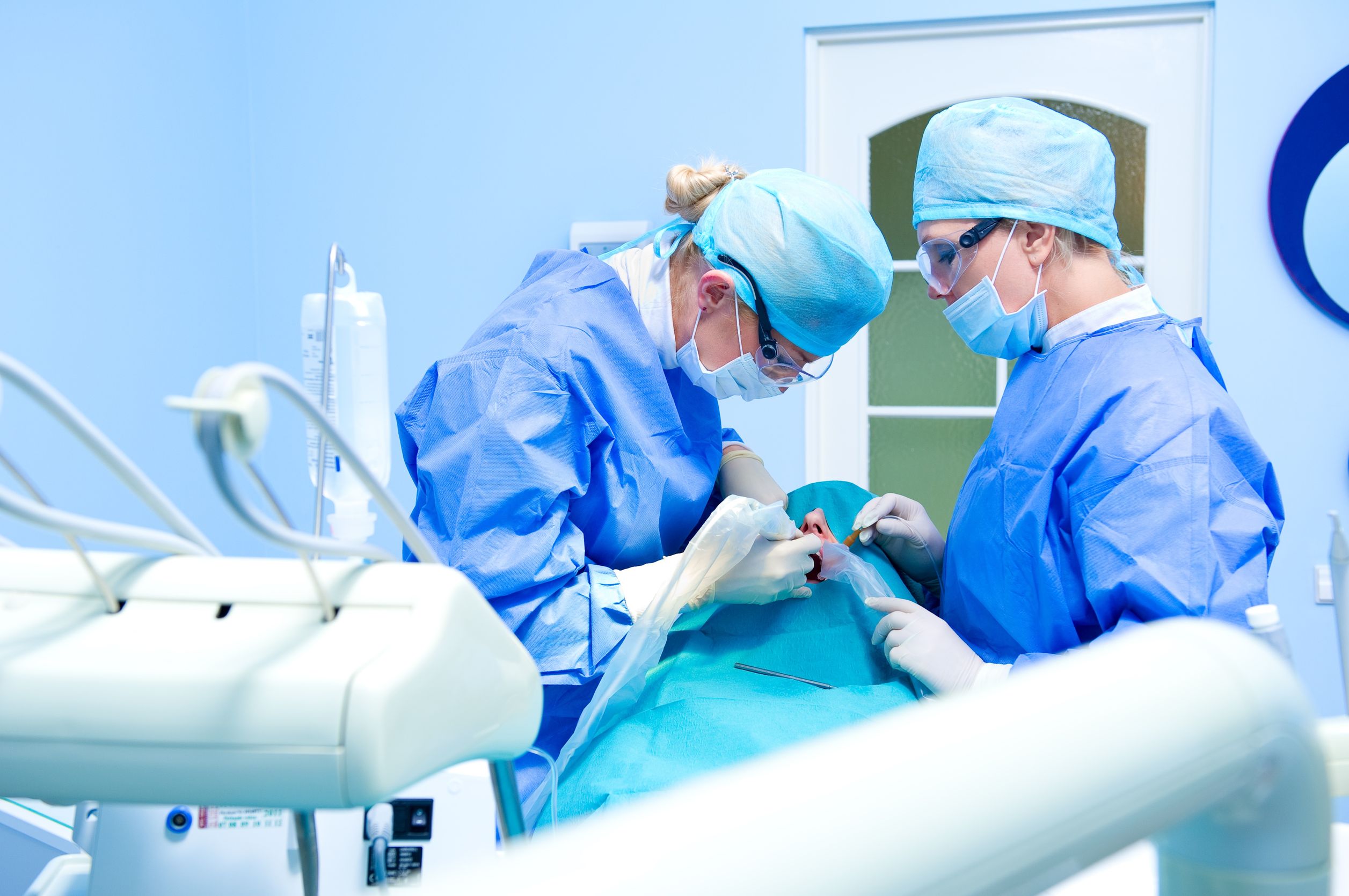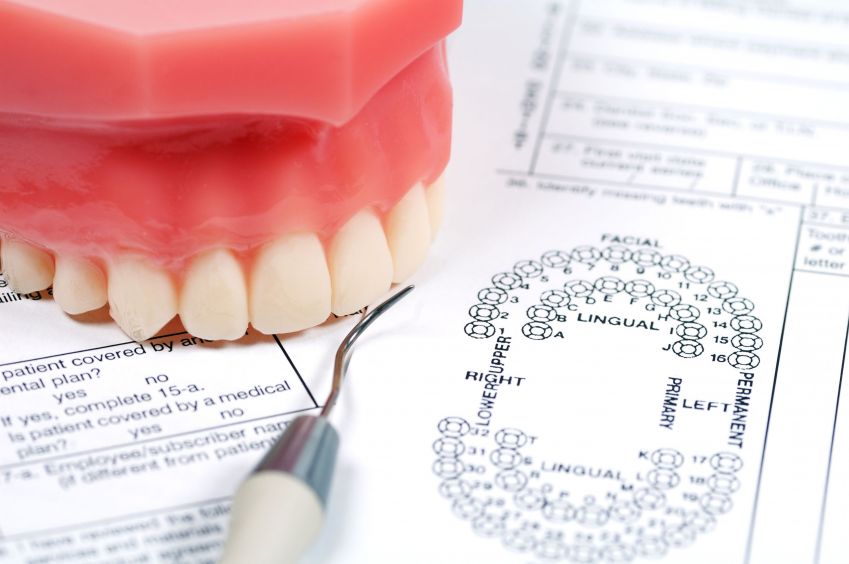The temporomandibular joint (TMJ) is the joint on either side of the face at the base of the ear, where the lower jaw joins the skull bone. Problems with this joint are common, and they are known as TMJ disorders. Symptoms can include a clicking sound or popping sensation when the mouth opens, inability to close the mouth completely, pain in the lower jaw, and even speech problems. As there are multiple symptoms, there are also multiple causes. Teeth-grinding is often responsible for a TMJ disorder, and sometimes problems are caused by a malformation of the jaw. Depending on the individual patient’s symptoms and jaw structure, Maxillofacial Surgery Effingham IL may provide some relief.
Before recommending surgery, the doctor will likely have the patient rest the jaw, take an anti-inflammatory drug, and wear a mouth guard to keep the jaw in the proper position. If the patient responds well to these therapies and gets relief from pain, then surgery will not be indicated. However, if the patient doesn’t respond and is still suffering pain and other symptoms, the doctor will take x-rays to make a more specific diagnosis and determine the proper surgical intervention. Frequently, an x-ray will reveal damage to or displacement of the disc within the joint.
To treat a TMJ disorder, Maxillofacial Surgery In Effingham, IL may entail one of three procedures:
• Arthroscopic surgery involves the use of a tiny camera to guide the procedure, which is performed through a very small opening in the skin. Arthroscopic surgery is often used to loosen a tight join or re-position a disc.
• Open arthroscopy is performed through a slightly larger incision and may be used to repair or remove a damaged disc. If the disc is removed, it can be replaced with an artificial disc, though this is not always deemed necessary.
• Total joint replacement is the most drastic surgical solution to a TMJ disorder and is generally considered a last resort when other surgical treatments haven’t worked.
Many patients get a great deal of relief from TMJ pain after having surgery; however, it’s important that the patient return to the doctor for regular follow-ups to make sure the problem doesn’t recur. For more information about TMJ disorders, contact The Center For Jaw and Facial Surgery P.C.







